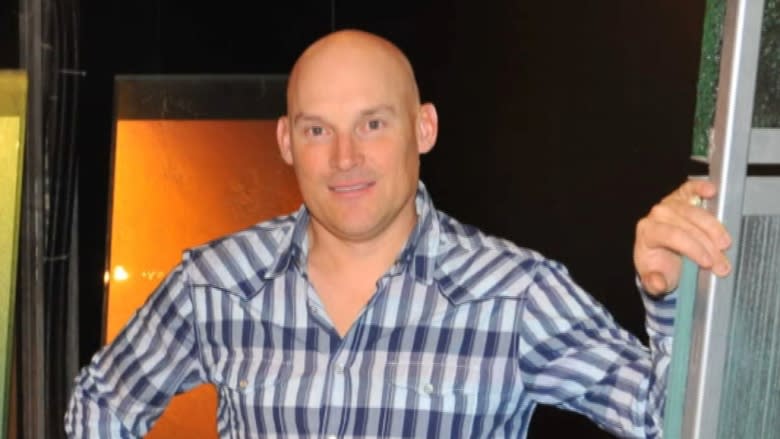Crown, defence issue closing arguments in Bertrand Charest trial

The closing arguments in the sexual assault trial of former women's ski coach Bertrand Charest were submitted Wednesday, bringing the lengthy process one step closer to a ruling.
The arguments by the Crown and defence were written out as per a request by Quebec Court Judge Sylvain Lépine when testimonies concluded on March 23.
Charest is on trial on 57 charges, including sexual assault and breach of trust in connection with 12 complainants, who were between the ages of 12 and 19 during the 1990s when the incidents are said to have occurred.
The women claim Charest abused them when he was their coach, before and during his stint with Alpine Canada's women's development team between 1996 and 1998.
Defence questions objectivity of Crown's case
The closing arguments for the defence, presented in French over 162 pages by lawyer Antonio Cabral, questioned the objectivity of the Crown's case, saying it rested more on establishing Bertrand's character type than proving his guilt beyond a reasonable doubt.
Cabral said "a sentiment of vengeance" came through in the testimonies of many of the 12 complainants.
He pointed to the testimony of the one woman, who told the court "I almost wish I had [had sex with Charest]... so I could have ... come to Court and say ... or come out (20) years and said that he raped me."
Cabral also highlighted what he said were shortcomings in the evidence presented by the Crown, namely that four of the complainants could not say when the alleged incidents occurred.
"The reasonable doubt that is raised should benefit the accused," Cabral concluded.
Crown says Charest manipulated authority, respect of his position
The Crown's closing arguments, on the contrary, said its case left no room for reasonable doubt and that Charest is guilty on all charges.
Crown prosecutors Marie-Nathalie Tremblay and Caroline Lafleur said the quality of the complainants' and Crown witnesses' testimonies was "undeniable," as were the similarities in each case.
The Crown presented a table outlining the details of each case in a bid to establish a pattern of "great manipulation that "normalized' criminal conduct."
"The evidence is strong, but not only is it strong, it was in no way contradicted by the defence," they wrote.
The Crown contended that the defence in fact corroborated its evidence on numerous occasions, as did Charest "in his multiple written and verbal declarations."
The Crown also spoke to the vulnerability of adolescents in the face of authority figures, especially coaches, and accused Charest of abusing that trust.
"The importance of a coach to adolescents and the impact of his comments and actions on their development shows the great respect that adults with the privilege to assume such roles must get from their athletes," they wrote, referring to one alleged victim's claim that she "idolized" Charest.
The Crown argued that Charest manipulated that position of authority "for his own ends."
"The accused succeeded in instilling in his team a culture where his actions became normal."
Judge Lépine is expected to return with his ruling in one month.
Incidents allegedly occurred in Mont-Tremblant, Whistler and internationally
The incidents are alleged to have occurred at Mont-Tremblant, north of Montreal, as well as in Whistler, B.C., France, Austria, New Zealand and the United States.
Several of the complainants testified they had sexual relationships with Charest, with many saying he was controlling and manipulative toward the athletes whose careers he managed.
Some of them said they felt they were in love with Charest at the time but eventually came to believe they had been manipulated.
In an earlier interview, Cabral said the former coach admitted to having sexual relations with some of his teenaged ski students, but says the sex was consensual.

